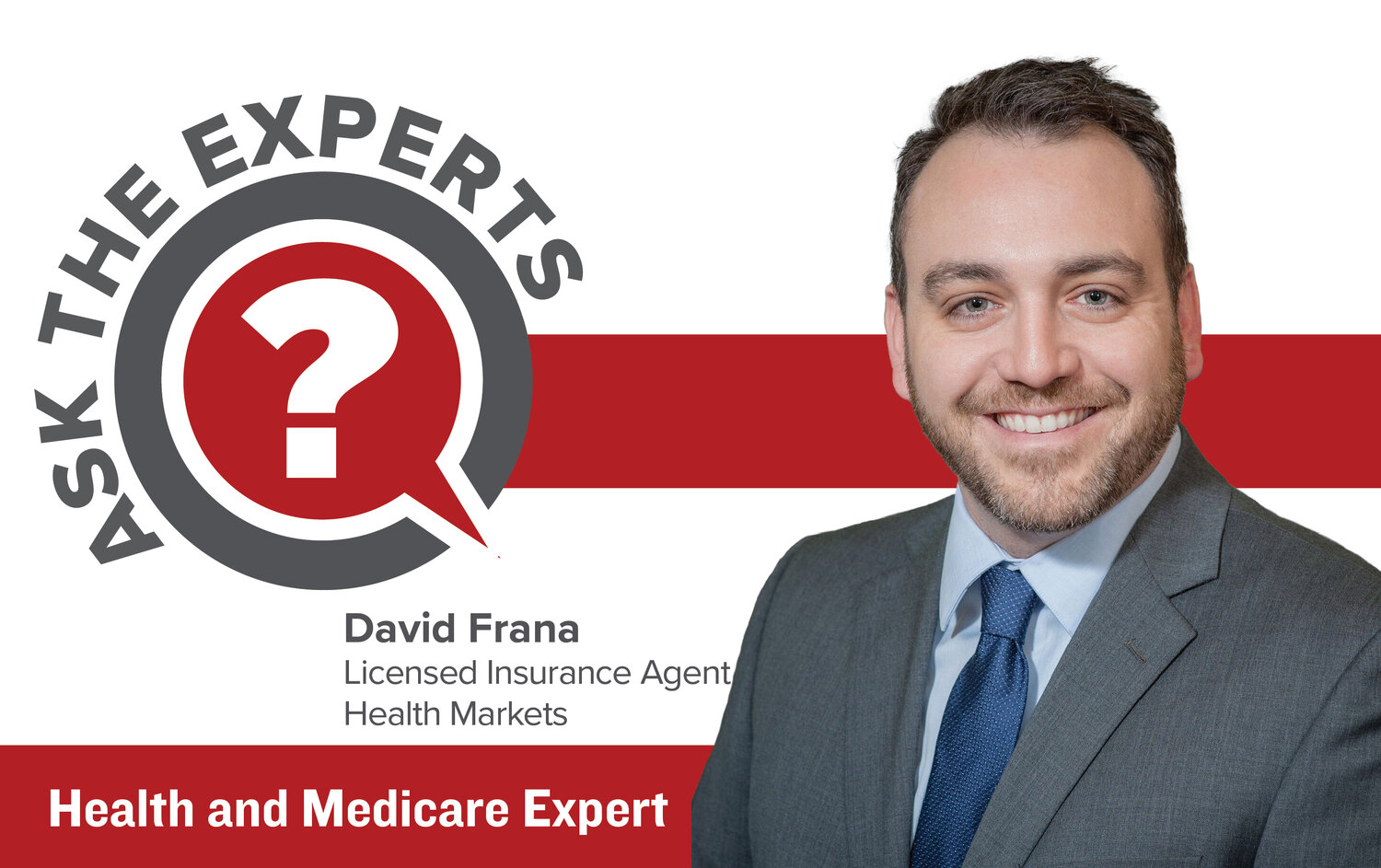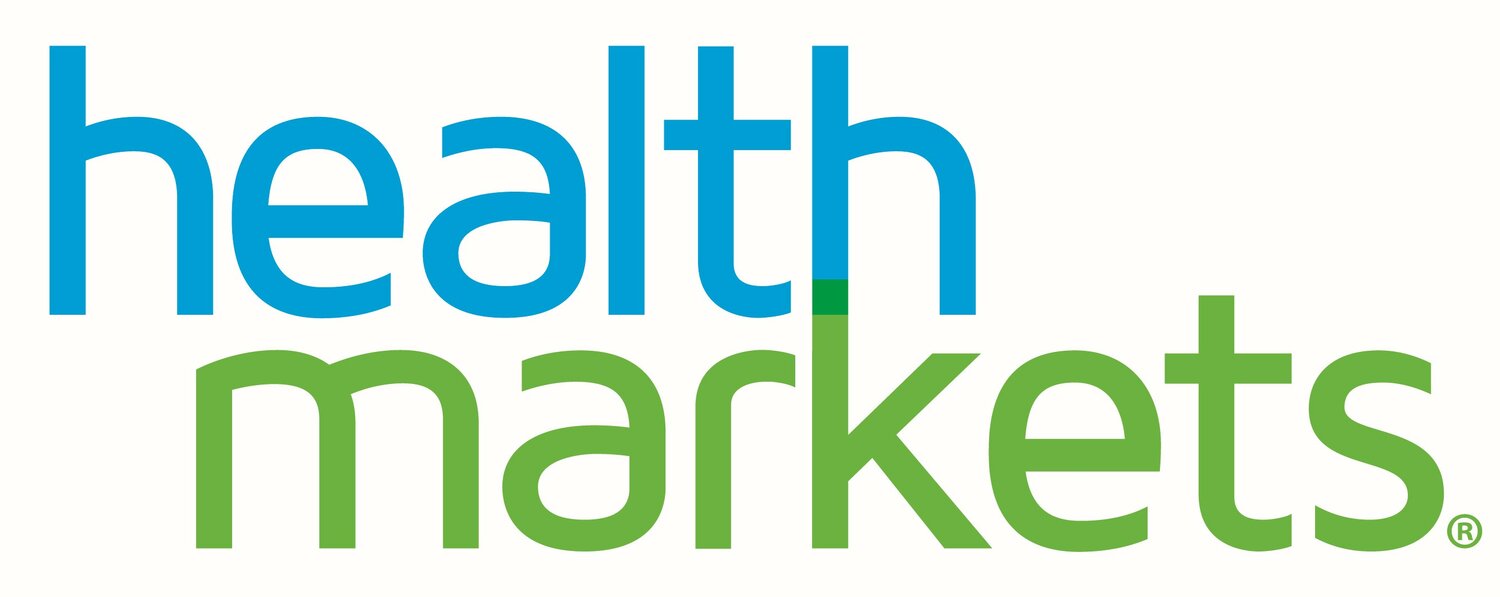Can I get an insurance plan even though Open Enrollment is over?
Yes! Special Enrollment Periods (SEP) allow you to enroll in health coverage outside of the yearly enrollment period. A change in your situation, like getting married, having a baby, moving or losing health coverage, can make you eligible for an SEP. There are also plans off-marketplace that have no eligibility requirements for enrollment.
Right now, the average funeral costs between $7,000 to $10,000 and those costs just continue to climb. According to the Consumer Price Index, funeral costs have risen 227% in the last 30 years. The best way to make sure that your family doesn’t end up dipping into their savings or going into debt to arrange your funeral is to set up some financial protection with a life insurance policy. Protect your family. Call us for a review of your current plan or for quotes.
What are the benefits of carrying supplemental insurance in conjunction with health insurance?
More than half of bankruptcies are due to medical bills and 80% of those were filed by families who had health insurance. How is it possible to still risk financial instability while carrying health insurance?
Maximum out of pocket limits on the marketplace can be as high as $9,400 per individual and $19,000 for a family. If someone is injured in an accident or diagnosed with a serious illness, it is not uncommon for them to reach their max out of pocket multiple years in a row. More factors to consider are loss of wages for the sick/injured person, loss of wages for other family caretakers, in-home help costs and travel expenses for specialized care.
These gaps in health insurance plans can be filled with supplemental plans like accident or critical illness insurance. These plans put money back into your pocket in the event of accidents, cancer, heart attacks or strokes. This money can be used to pay medical bills, rent, supplement lost wages or cover travel expenses.
What is a special enrollment period and who qualifies?
Open enrollment for health insurance runs from November 1 to December 15 each year. For the plan year 2024, open enrollment was extended to January 16. Once open enrollment closes you will only be able to enroll during a special enrollment period, which is a time outside of the yearly open enrollment when you can sign up for health insurance if you've had certain life events.
You will be eligible if you're losing health coverage, moving, getting married, having a baby, or adopting a child or if your household income is below a certain level. If you qualify for a special enrollment you will have 60 days from the date of life event qualifying you to find a plan that meets your needs. If you've missed open enrollment and don't qualify for a special enrollment you may still be eligible to enroll into short-term health coverage to get you to the next enrollment period.
Should I schedule an appointment with my broker to go over my options before Medicare open enrollment ends?
Schedule an appointment with your broker before Medicare open enrollment ends on December 7 to go over your options.
My team in Ozark prides ourselves on giving a white glove service for all our clientele. After enrolling a client in a plan, we track the progress of that account from the submission of the application through its completion. We also follow up with clients in the weeks after enrollment to ensure that clients have received their cards in the mail and are familiar with how to use their insurance.
Another helpful tool is the “welcome kit” mailer that I send out to clients. It contains contact information for the insurance carrier you chose, information on your plan, as well as information on how to contact me throughout the year. I take pride in servicing my clients year-round and acting as an advocate for them any time they have questions or need guidance.
When and how can I enroll in Medicare?
Medicare open enrollment is from October 15 to December 7 each year. A licensed broker is certified with multiple insurance carriers and can research different plans for you.
A broker can help narrow down your options and help choose an insurance carrier and plan that fits your needs and budget. Working with a broker can ensure that your doctors will be in network with your plan, confirm how your medications will be covered and explain exactly how the plans work.
Medicare plans change yearly, so it’s important to meet with a broker during open enrollment to learn about any changes that may be occurring in your plan. A qualified broker will be able to help you determine if your current plan is your best option for the following year or if there may be a different plan or carrier that would fit your needs better.
When is Medicare open enrollment and how do I know which plan is right for me?
Medicare open enrollment is from October 15 to December 7 each year. A licensed broker is certified with multiple insurance carriers and can research different plans for you.
A broker can help narrow down your options and help choose an insurance carrier and plan that fit your needs and budget. Medicare plans change yearly, so it’s important to meet with a broker during open enrollment to learn about any changes that may be occurring in your plan. A qualified broker will be able to help you determine if your current plan is your best option for the following year or if there may be a different plan or carrier that would fit your needs better. Working with a broker can ensure that your doctors will be in network with your plan, confirm how your medications will be covered and explain exactly how the plans work.
What is the annual enrollment period for Medicare?
Medicare annual enrollment is the time of year that Medicare beneficiaries are eligible to explore new health plan options for the coming year. The enrollment period is October 15th - December 7th every year. It is crucial that beneficiaries are sure their doctors are still in network and any medications are still covered for the coming year as these often change. A broker can look into multiple carriers and make sure they're on the best plan for their needs.
What exactly does a licensed insurance agent do and why is it important?
Insurance can be very complex and without proper coverage you and your family can be left open to financial risk that is often alleviated with the proper policies. Working with someone who knows the laws, rules and regulations of the industry gives you the peace of mind that you are making an informed and educated decision. When working with an insurance broker, you have access to multiple carriers, which allows you to find the plan that fits your needs and budget. I frequently see people who enroll themselves into a plan on
healthcare.gov and then come to me later because their insurance policy isn't working very well. Come to find out, they're on a plan with a super high deductible when a very good low deductible plan would suffice, most of the time at no additional cost. Many clients walk into my office fearful of what I will tell them, so I love being able to send them home with a clear understanding of what they've purchased and the knowledge that if anything happens, they will be financially protected. And most of the time the cost is much lower than they expected. I call that a win-win!
What benefits can I offer to help retain my employees if my business can’t afford to offer traditional insurance?
As a small employer there is more than traditional group insurance you can offer to your employees. In traditional group insurance you are required, as the employer, to cover 50% of the cost for the plan per employee. Those costs can add up really quickly when you're a small business and maybe don't have extra room in the budget for insurance costs. Many small employers are looking to Health Reimbursement Arrangements or HRA accounts. There are many different types of HRA accounts that businesses may use. The major benefit to HRA over traditional group coverage is that the employer sets the amount that they're willing to cover and it doesn't have to be the same for each employee type. As the employer you set an amount you wish to give the employee each month and they source their own insurance. The HRA money is used to cover the cost of the premiums and can be used to pay for expenses for health, dental and vision. One of the major advantages of using an HRA is it allows the money that's run through the HRA to be tax deductible for the business and tax deferred for the employee, so neither the employer nor the employee are paying taxes on the money that's used through the HRA. A lot of employers are using the HRA money as a way to give raises to employees, which gives the tax advantage to both the employer and the employee, just the same way a traditional group insurance policy is paid with pretax dollars. A broker can help you determine if a traditional group or using an HRA would be the best fit. If you end up going the route of HRA and the employees need help finding coverage, a broker will walk them through the process of determining which plan will fit their needs and budget the best. I've found that employees are much more satisfied if they get to control their plan and costs. They're going to be much happier than if they get one option and told they have to take it or decline and have no insurance at all.








